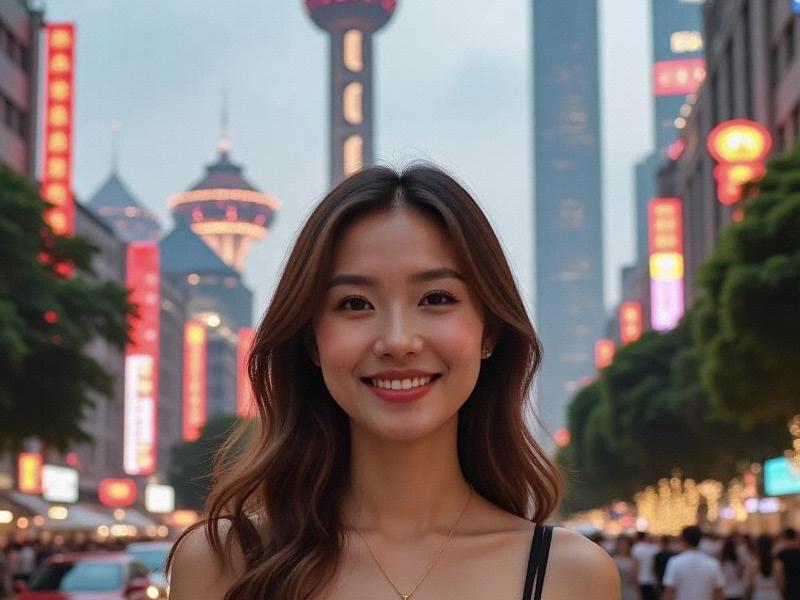This investigative feature examines Shanghai's booming high-end entertainment industry, exploring how luxury clubs and KTV parlors reflect the city's changing social dynamics and international influences.

The neon glow of Shanghai's entertainment district pulses with renewed energy in 2025 as the city's nightlife scene undergoes its most significant transformation in a decade. Along the tree-lined streets of Former French Concession and the glittering towers of Pudong, a new generation of luxury entertainment venues is rewriting the rules of urban leisure.
The recent opening of Celestial Pavilion, a 12-story entertainment complex in Jing'an District, exemplifies this evolution. Boasting a rooftop champagne lounge with panoramic city views, seven themed KTV floors with AI-powered vocal enhancement systems, and a members-only speakeasy styled after 1930s Shanghai, the $150 million project has become the talk of the town. "We're not selling drinks or music - we're selling unforgettable experiences," says managing director Vivian Liu during the venue's opening gala last month.
爱上海同城对对碰交友论坛 Shanghai's entertainment economy has grown 18% year-over-year since pandemic restrictions lifted, with high-end venues accounting for nearly 40% of total revenue. Industry analysts attribute this to three factors: the return of international business travelers, growing disposable income among young professionals, and sophisticated local consumers demanding higher quality experiences.
The KTV industry, long a staple of Shanghai nightlife, has undergone particular reinvention. Traditional karaoke boxes have given way to venues like MelodyVerse in Xintiandi, where patrons can record professional-grade music videos in studio-quality booths and receive vocal coaching from conservatory-trained instructors. "Modern consumers want more than just singing - they want personal growth and content for social media," explains operations manager James Wong.
上海贵族宝贝sh1314
International influences continue shaping Shanghai's entertainment landscape. The newly arrived Marquee Shanghai (a sister venue to New York's famed nightclub) has introduced bottle service culture to new audiences, while local entrepreneurs have adapted concepts - like the popular "Silent Disco Tea House" in Tianzifang that blends traditional Chinese tea ceremonies with wireless headphone dance parties.
爱上海同城对对碰交友论坛 However, this golden age of entertainment comes with challenges. Stricter licensing requirements implemented in 2024 have forced many smaller venues to close, while rising rents push businesses toward suburban areas. The municipal government's "Civilized Nightlife" campaign has also increased scrutiny on noise violations and underage access.
Cultural observers note fascinating social dynamics at play. High-end venues increasingly serve as networking hubs where Chinese entrepreneurs mingle with expat executives over craft cocktails. At the same time, a nostalgia wave has revived interest in 1990s-style dance halls among middle-aged Shanghainese. "These spaces reflect Shanghai's unique ability to embrace both tradition and innovation simultaneously," remarks sociology professor Dr. Emma Chen from Fudan University.
As dawn breaks over the Huangpu River, cleaning crews work methodically while the last revelers hail Didis. The cycle will repeat again tonight, as Shanghai's entertainment industry continues writing its next chapter - one that promises to be as dynamic and unpredictable as the city itself.